Florida Supreme Court Rules For Brannock & Humphries Again
The Florida Supreme Court has resolved a years-old conflict that sharply divided Florida’s lower appellate courts, handing a unanimous win to Brannock & Humphries on an issue near and dear to many lawyers’ hearts: proposals for settlement.
Proposals for settlement are critically important in litigation because they determine whether attorneys are entitled to recover their fees after prevailing in a case. Basically, a party who makes a settlement offer that is rejected but who then prevails at trial by a margin exceeding the amount of the original offer is entitled to have the opposing party pay his or her attorney’s fees. The idea is to encourage early and efficient resolution of disputes and punish litigants who unreasonably refuse to settle a case.
Because these proposals can have major financial ramifications, and because they shift the usual rule that each side pays its own fees, courts carefully review proposals for settlement before they are enforced. One of the ways that some of these courts had invalidated proposals, and thus declined to award attorneys their fees, was if the proposal did not strictly comply with a lengthy checklist of formatting requirements contained in the Florida Rules of Judicial Administration.
Today, agreeing in a 5-2 vote with the argument advanced by Brannock & Humphries, the Supreme Court held that the rule imposing formatting requirements does not apply to proposals for settlement—so, failure to comply with that rule cannot render a proposal for settlement unenforceable. In addition, by a unanimous vote, the Court held that failure to strictly comply with nitpicky formatting requirements (things not required by the Florida statute governing proposals for settlement) is insufficient to invalidate a proposal. Both components of the decision mark a major shift in litigation over proposals for settlement and add much needed clarity to this oft-litigated issue.


